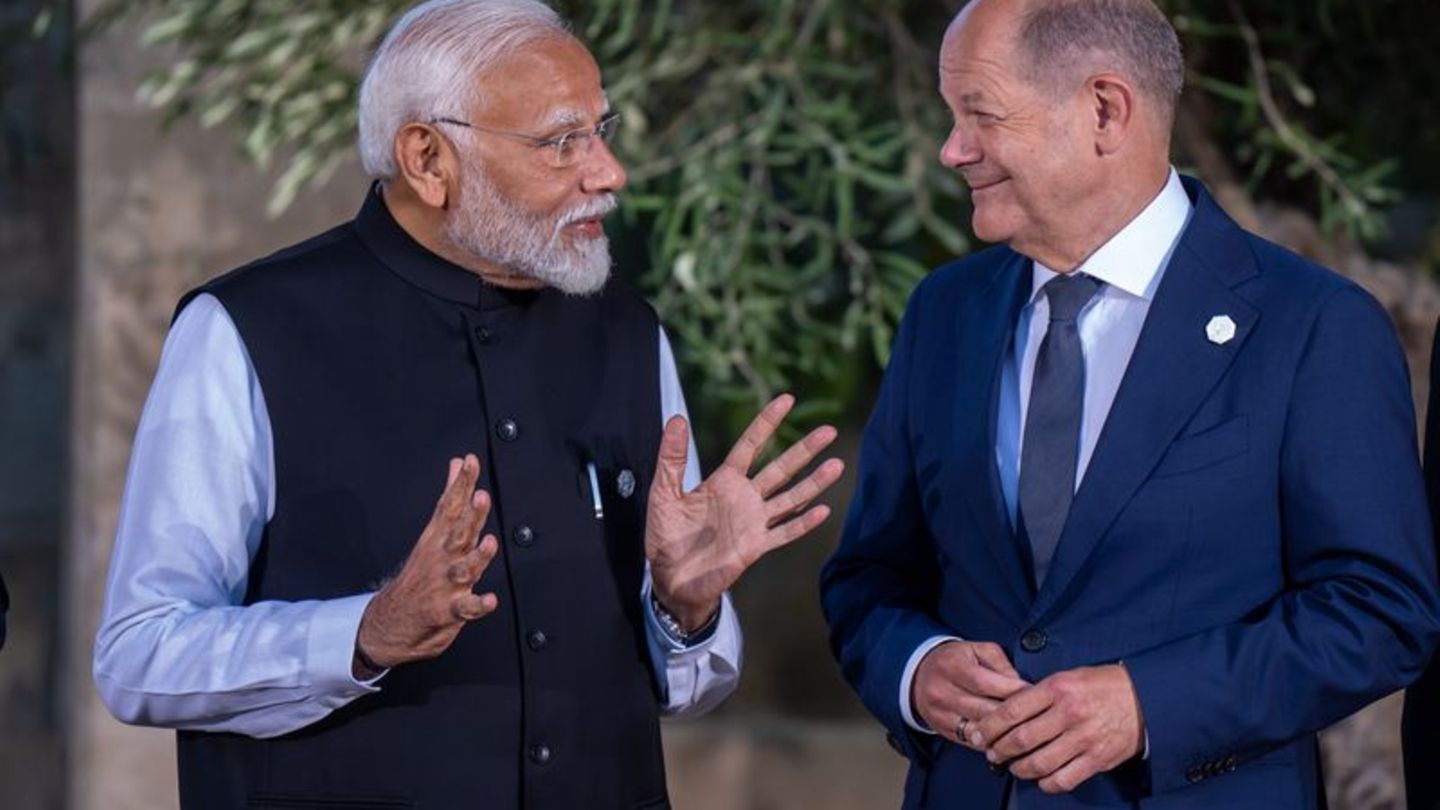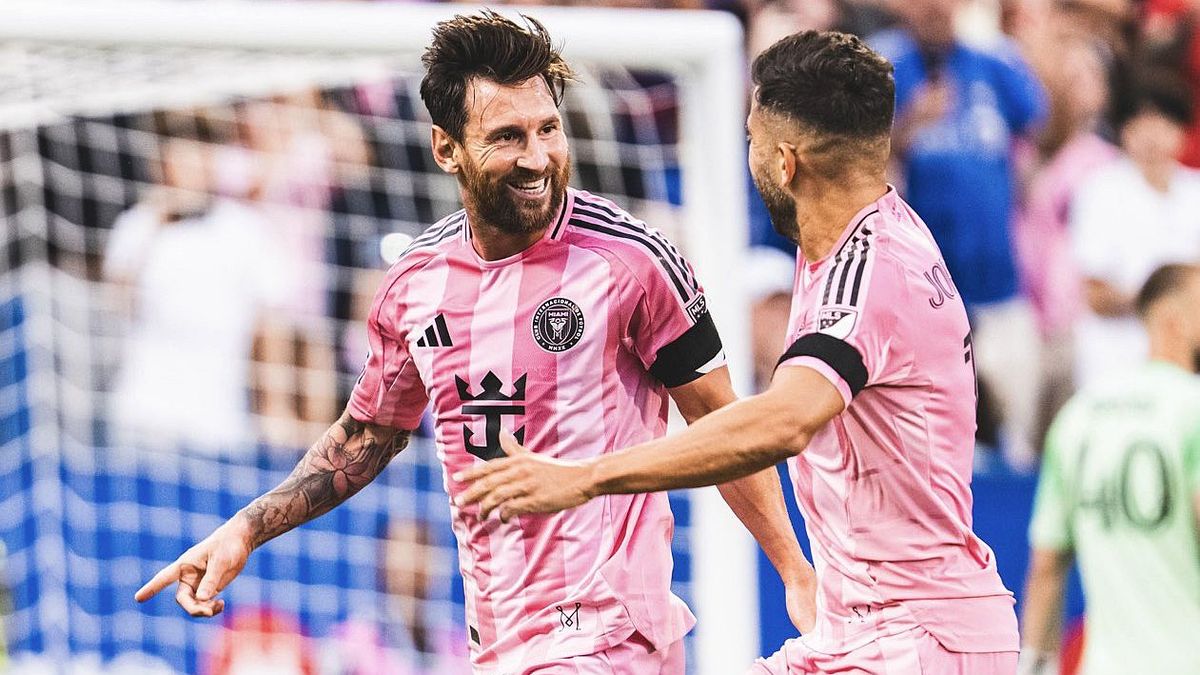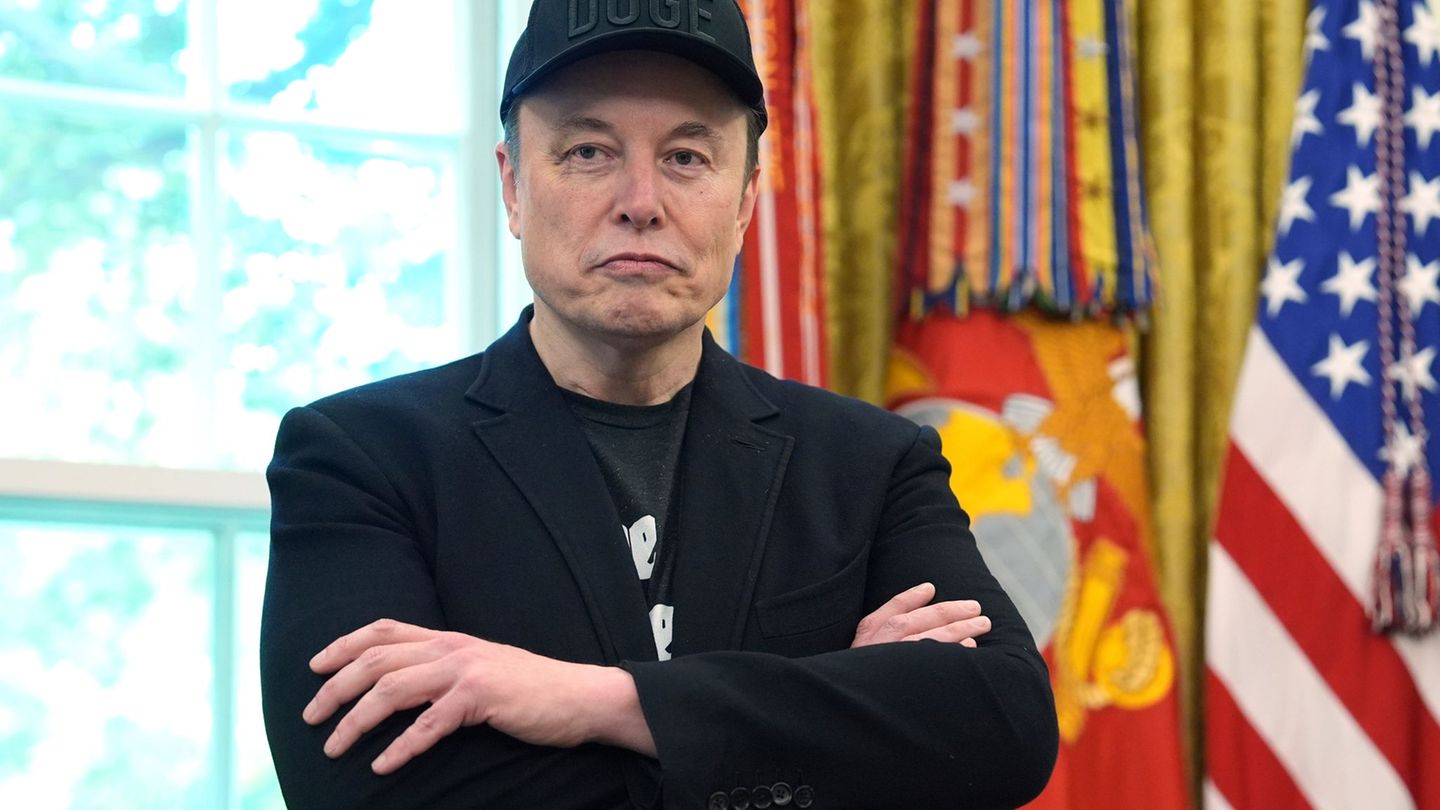Olaf Scholz takes three days off for India. Five of his ministers are also heading to New Delhi, 6,000 kilometers away. There is more than one reason for the effort.
Government consultations have something like a school trip. The Chancellor brings together several ministers to give a strong boost to relations with a particularly close or important partner in the world. Often half the cabinet sits together in a very small space on the government plane for hours on the outward flight – and no one can get out.
Things are different with the German-Indian government consultations. The traffic light government will gradually arrive in New Delhi in the next few hours for the seventh meeting of its kind in New Delhi. First, Vice Chancellor Robert Habeck (Greens) and Labor Minister Hubertus Heil (SPD) landed in the Indian capital early this morning. Shortly afterwards, Chancellor Olaf Scholz (SPD) and Defense Minister Boris Pistorius (SPD) took off from Berlin to India on a second government plane. Later, Foreign Minister Annalena Baerbock from Paris and Education Minister Bettina Stark-Watzinger will arrive with a line straight after a visit to Kiev.
On Friday, they will all meet with Prime Minister Narendra Modi and his cabinet at Hyderabad House, the government guest house in New Delhi. That’s what it’s all about:
Russia: India as a mediator between the camps
The trip has a lot to do with Russia. Along with Brazil and South Africa, India is one of the three countries in the G20 group of countries that have good connections with both Moscow and the West. Modi is currently in Kazan, Russia, at the summit of the so-called Brics states, which see themselves as a counterweight to the G7 of leading Western economic powers. In the efforts to end Russia’s war of aggression against Ukraine, India could have a special role to play because of its good relations with both camps. For his part, Chancellor Scholz has been increasingly promoting a new peace conference for months, in which Russia should also take part.
Security: Joint naval exercise
Germany and India concluded a strategic partnership more than 20 years ago and now want to further intensify their cooperation in the security sector. On Saturday, Scholz visited the German frigate “Baden-Württemberg” and the supply ship “Frankfurt” in Goa province, which are taking part in a joint maneuver with the Indian Navy. There is also still “untapped potential” in arms cooperation, Modi said during the Chancellor’s last visit to India last year. India’s armed forces are currently largely equipped with Russian weapons. The federal government would like to help change that.
Economy: Habeck hopes for free trade agreements
Before his departure, Economics Minister Robert Habeck (Greens) insisted on a quick conclusion of the free trade agreement between the EU and India. “This has been negotiated for 20 years, which is not exactly the pace of Germany. Let’s see if we can solve a few knots,” said the Green politician. The first negotiations on such an agreement took place from 2007 to 2013. At that time, however, the talks failed. From a German perspective, hurdles included protective measures for the Indian auto sector. Negotiations resumed in 2022.
Skilled workers: Heil wants to advance recruitment
For Labor Minister Heil it is about recruiting skilled workers from India. The most populous country in the world is an “ideal partner,” said the SPD politician before departure. “In India, an additional million people enter the labor market every month.” Last Wednesday, the cabinet decided on a strategy to make it easier to recruit skilled workers, the implementation of which will be promoted during the trip.
Source: Stern
I have been working in the news industry for over 6 years, first as a reporter and now as an editor. I have covered politics extensively, and my work has appeared in major newspapers and online news outlets around the world. In addition to my writing, I also contribute regularly to 24 Hours World.




